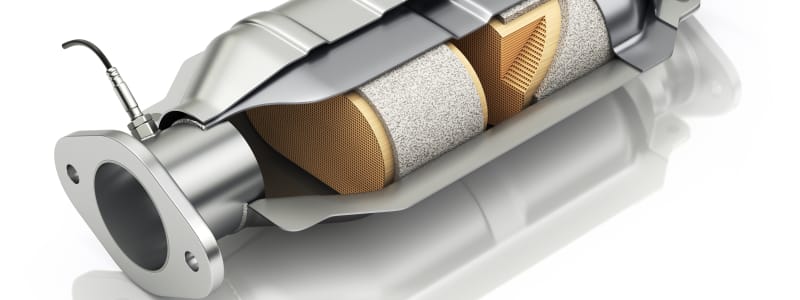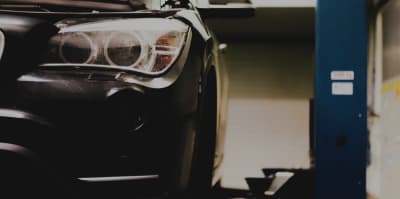
In 2009, the ‘Euro 5’ standard was introduced, which led to the requirement for manufacturers to fit Diesel Particulate Filters in the exhaust systems of all diesel cars.
This doesn’t mean that cars built before 2009 don’t have DPFs installed too, many cars manufactured in the years leading up to 2009 were fitted with Diesel Particulate Filters in anticipation of the introduction of the ‘Euro 5’ standard.
The standards were introduced with the target of reducing soot emissions from diesel cars by 80%. The Diesel Particulate Filter does this by trapping the particles of soot, which are created by the combustion process taking place in the engine, before they can be released into the atmosphere. They do reduce the soot emissions by the required amount, but not without causing problems in the process. DPFs are prone to becoming blocked and roadside assistance vehicles are called out on a regular basis to cars which have started to show the DPF warning light in the dashboard.
There are several different designs of DPF, all of which aim to fulfil a similar set of criteria. They all attempt to create as fine a filtration as possible, to be inexpensive to produce and install, to last the lifetime of the car, to be easy to create on a mass production basis and to create only a minimal drop in pressure. These aims are satisfied by a number of different types of Diesel Particulate Filters, but most are made of cordierite, the same ceramic substance which is also used in catalytic converters. Cordierite filters meet all of the criteria listed above, but have one major drawback. Cordierite has a lower melting point than other substances used in DPFs and the ceramic filters have been known to melt during the regeneration process.
If you don’t have a cordierite filter then it is most likely that yours is made from silicon carbide. This substance has a much higher melting point, so is less likely to melt during the regeneration process than cordierite. The reason that they are not as popular as filters made from cordierite is that silicon carbide is a much more expensive substance. It is also quite thermally unstable which makes it difficult to package. Diesel Particulate Filters made from silicon carbide and ones made from cordierite are usually manufactured to be very similar in size.
This means that one can usually be replaced with the other, so if you don’t get on well with one type, you should be able to have it replaced with the other if it breaks down.
All about Exhaust
- How to Diagnose Problems with Your Exhaust
- How to Repair a Split Exhaust
- How to Protect Your Exhaust from Rust
- How to Remove the Rust from Your Exhaust Pipe
- What is the Catalytic Converter?
- How to Replace the Catalytic Converter
- What is a Diesel Particulate Filter?
- How to Replace the Diesel Particulate Filter (DPF Replacement)
- What is a Diesel Particulate Filter Cleaner? How To Use It.
- Why is the Particulate Filter Required by Law?
- What is DPF Regeneration?







